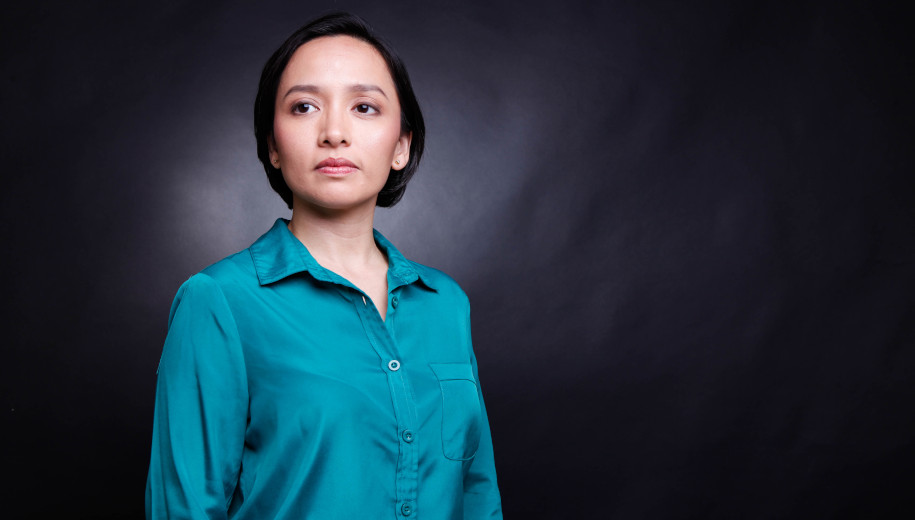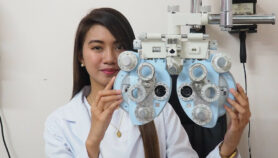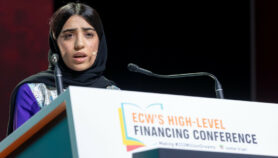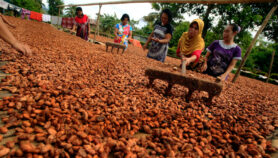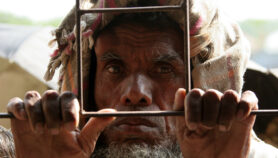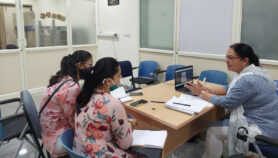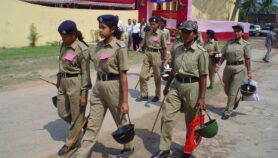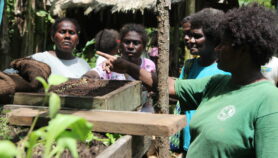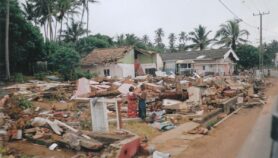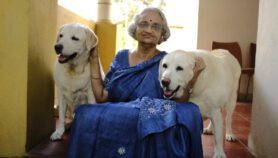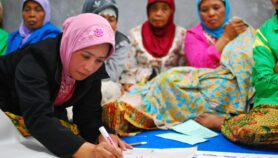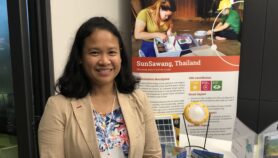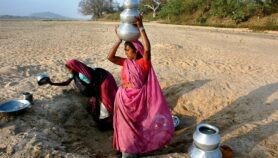By: Fatima Arkin
Send to a friend
The details you provide on this page will not be used to send unsolicited email, and will not be sold to a 3rd party. See privacy policy.
[MANILA] Last year, a Stanford University study named Kathleen Aviso among the top two per cent of scientists in the world.
Aviso, process systems engineer and assistant dean at De La Salle University Manila, specialises in developing support tools for environmental decision-making for new technology or policy that can influence society at large.
The Filipina’s most highly cited work is a game theoretic model that helps governments determine financial incentives required by industries to develop and adopt new forms of environmental technology.
In this interview with SciDev.Net, Aviso says she believes that there are now more opportunities for female scientists – something that women should take advantage of.
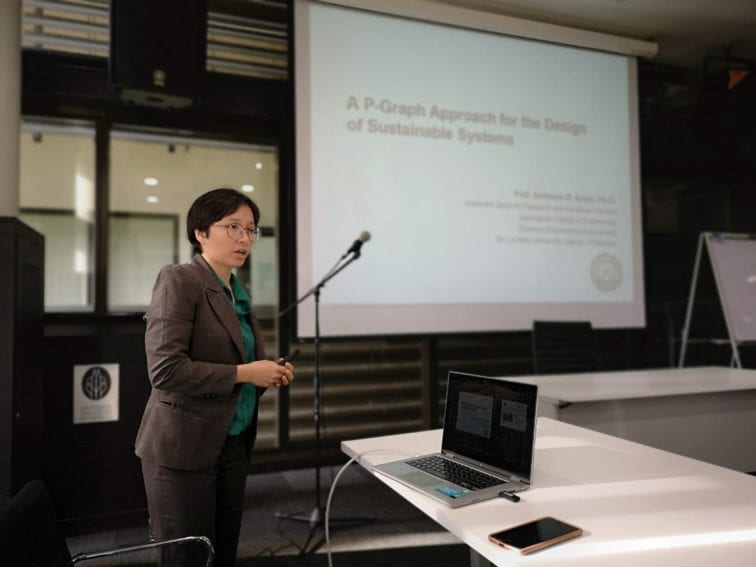
Kathleen Aviso specialises in developing support tools for environmental decision-making for new technology or policy that can influence society at large. Image credit: Kathleen Aviso.
How did it feel to be among the top two per cent of scientists in the world?
It’s a great recognition for me. Even Filipinos recognised this. Not everyone here is familiar with what scientists are doing or how valuable their work is. I think it’s interesting to have this media hype because it brings to more people what Filipino researchers are actually doing — not just in the Philippines, but also in the rest of the world.
One of the reasons why I was included in the top two per cent is because of the indicators that are being used outside of the Philippines which put a high value on publications. Some of the factors considered were the number of scientific articles I published in journals that are part of the Scopus and Clarivate databases; number of co-authorships, which indicates a strong national and international network for collaborations; and the number of times my work has been viewed as useful and, therefore, cited by other scientists.
You teach at De La Salle University, Manila. How has the pandemic affected the way you teach? Do you think the “new normal” puts students at a disadvantage?
We’re now 100 per cent digital — no in-person classes. Typically, it’s a live lecture that’s recorded and uploaded on a learning management system. I don’t think this “new normal” has put students at a disadvantage, but it really has been a challenge both for the students and professors, especially since the infrastructure in the Philippines is not reliable. The main challenge is internet connectivity. Some of our students have gone back to their provinces [hometowns], especially with the storm that hit Bicol, some have had a lot of disruptions during that period. [Super Typhoon Rolly, also known by its international name Typhoon Goni, the world’s most powerful storm of 2020, devastated the Philippines’ Bicol region.]
But there are also some pluses. You discover new, innovative ways to do things. For example, we’ve for long been conducting thesis [defences] in a way that when one of the panel members isn’t available we don’t do a proxy so that he can join online while everyone else is in the same room. Now [the current situation] has opened up some new ways of thinking and doing things.
Last year you became one of only two female executive editors at Elsevier’s Journal of Cleaner Production and the only woman from a developing country. How did that feel?
It was really an honour because the Journal of Cleaner Production was the journal I read while doing my masters and PhD work. Fortunately, one of the editors-in-chief was in the same field I was working in, and I had met him a few years back at a conference. It was a surprise that he gave me a call and asked me to be an associate editor initially. I was shocked by the workload. But, what’s more surprising is how, after a few years of being associate editor, he asked me to step up further as executive editor. That was like wow!
“Organisations are trying to get that gender equality. I think this is an opportunity we [women] should take advantage of and prove to people that we really deserve the recognition”
Kathleen Aviso, De La Salle University
I think one of the reasons they recognised me, in addition to my credentials and work ethic, was that the journal was also trying to increase the number of women on its editorial board. Organisations are trying to get that gender equality. I think this is an opportunity we [women] should take advantage of and prove to people that we really deserve the recognition.
What kind of challenges have you faced as a female scientist and how have you overcome them?
One of the challenges would be managing time. I have two sons. [Josiah, 17 years old, and Jeremiah, nine]. When they were growing up, they really expected me to be there. As a mother you get torn. You spend more time working [when] you feel like you need to be there with them. It’s always a challenge. I think I’m fortunate that I have a very supportive family and a community surrounding me. My mum has been supportive. She took care of the kids when I was not around. It gave me peace of mind. I was also fortunate that my mentors were quite lenient and understanding. That’s also the reason why process systems engineering really works well for me because all I needed was a computer. It was portable. I didn’t need to spend long hours in the university to conduct experiments while remaining productive.
What are the next steps, moving forward, in your career? Do you have any specific plans in mind?
I just want to keep on doing what I love to do and hopefully mentor more students in the future and even the young faculty. Our hope is to change the landscape of science in the Philippines and get more people to understand how to conduct science with a global perspective, that our work is good enough for the world. I think mindsets have to change.
This piece was produced by SciDev.Net’s Asia & Pacific desk.


